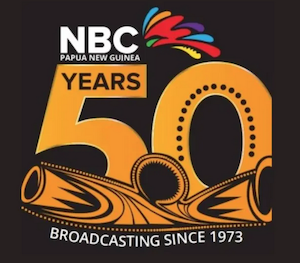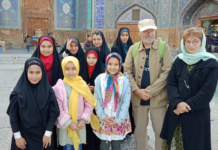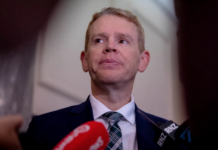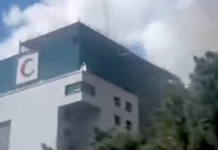
By Don Wiseman, RNZ Pacific senior journalist
Papua New Guinea’s state broadcaster NBC wants shortwave radio reintroduced to achieve the government’s goal of 100 percent broadcast coverage by 2030.
Last week, the broadcaster hosted a workshop on the reintroduction of shortwave radio transmission, bringing together key government agencies and other stakeholders.
NBC had previously a shortwave signal, but due to poor maintenance and other factors, the system failed.

Its managing director Kora Nou spoke with RNZ Pacific about the merits of a return to shortwave.
Kora Nou: We had shortwave at NBC about 20 or so years ago, and it reached almost the length and breadth of the country.
So fast forward 20, we are going to celebrate our 50th anniversary. Our network has a lot more room for improvement at the moment, that’s why there’s the thinking to revisit shortwave again after all this time.
Don Wiseman: It’s a pretty cheap medium, as we here at RNZ Pacific know, but not too many people are involved with shortwave anymore. In terms of the anniversary in September, you’re not going to have things up and running by then, are you?
KN: It’s still early days. We haven’t fully committed, but we are actively pursuing it to see the viability of it.
We’ve visited one or two manufacturers that are still doing it. We’ve seen some that are still on, still been manufactured, and also issues surrounding receivers. So there’s still hard thinking behind it.
We still have to do our homework as well. So still early days and we’ve got the minister who’s asked us to explore this and then give him the pros and cons of it.
DW: Who would you get backing from? You’d need backing from international donors, wouldn’t you?
KN: We will put a business case into it, and then see where we go from there, including where the funding comes from — from government or we talk to our development partners.
There’s a lot of thinking and work still involved before we get there, but we’ve been asked to fast track the advice that we can give to government.
DW: How important do you think it is for everyone in the country to be able to hear the national broadcaster?
KN: It’s important, not only being the national broadcaster, but [with] the service it provides to our people.
We’ve got FM, which is good with good quality sound. But the question is, how many does it reach? It’s pretty critical in terms of broadcasting services to our people, and 50 years on, where are we? It’s that kind of consideration.
I think the bigger contention is to reintroduce software transmission. But how does it compare or how can we enhance it through the improved technology that we have nowadays as well? That’s where we are right now.
This article is republished under a community partnership agreement with RNZ.














































